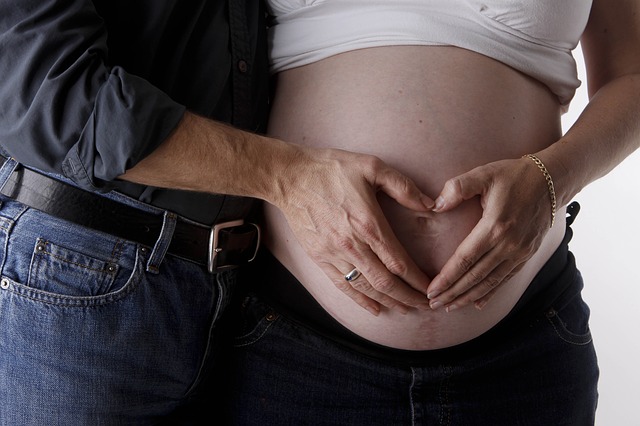The invention of IVF, an assisted reproductive technology allows women to become pregnant even after their menopause. This is possible in association with an egg donor or egg freezing services. Now, women need not bother about their biological clock ticking and need to conceive within a certain age. Therefore, there is no age bar for a woman also to become pregnant.

Usually, IVF is recommended for women with certain reproductive disorders like an irregular fallopian tube, unregulated ovulation, ovarian failure, endometriosis, fibroids, genetic abnormality. Not only women's reproductive issue but low sperm count in a male partner requires IVF treatment by including sperm donation service.
The age limit is a considerable factor for IVF treatment. However, the age limit for a woman to opt for IVF treatment varies from country to country. In the USA, the upper limit of the right age for a woman to opt for IVF treatment is 50 years. Women who use their frozen eggs get an additional two years. Means up to their 52nd birthday they can transfer the embryo for implantation. Therefore, the upper age limit to become a mother through the IVF process is 52 years maximum in the USA.
But in India, no such rule exists in the past. But in 2019, the Indian government try to rule out the upper age limit to conceive through IVF after a woman giving birth of twins at her 74 years of age. Indian ministry has decided the upper limit of a woman is 50 years of age for conceiving through assisted reproductive technology including IVF and surrogacy. Although, the bill does not introduce yet in the Parliament due to the Ministry of Law and Justice, and the cabinet has not approved the bill.
Apart from these legal and social aspects, the age of a woman for IVF treatment is also a clinically considerable factor. Clinical experts suggest that women with an age range of 20-30 years opt for IVF get the highest success rate of pregnancy as well as single live births. But after 35 years of age, a steady decline in the success rate has noticed. Therefore, IVF and other ART techniques give maximum benefits in a certain age group of women.
The evidential data also supported that embryo implantation after IVF treatment successfully achieved in 37% of women under 35 years of age. Whereas, this rate declined to 31% in women aged between 35 to 37 years. This is steadily dropped with increasing of age like 21% at the age of 38 to 40 years, 11% among 41-42 years, and only 4% in women over 42 years of age respectively. The average success rate of IVF treatment is 27% and women under 35 years of age get the highest positive outcomes.
Hormonal therapy, donor facility and cryopreservation techniques in association with IVF allow a woman to pursue pregnancy even after her menopause. However, women, who want to enjoy their motherhood at a later stage of their life must consider the risk of fetal morbidity which usually increases with old age pregnancy. Apart from the off-spring perspective, the age range consideration for the IVF treatment needs to decide to reduce the incidence of maternal negative health outcomes related to medications used in IVF, which may cause a cardiovascular problem, obesity, diabetes to mothers with their increasing of age. Therefore, clinically as well as socially it is better to conceive within 45 years of age of a woman having physically healthy with normal genitalia and uterine cavity and 50 years for man. But this age range is not fixed globally and different countries allow IVF at different age range.
References



